In New Zealand, the choice between private and public schools is not just a matter of preference but a significant decision that can shape a child's educational journey and future opportunities. This article delves into the pros and cons of both systems, providing a comprehensive analysis to help parents and stakeholders make informed choices. With New Zealand's education landscape constantly evolving, understanding the nuances of each option is crucial for aligning educational pathways with future aspirations.
Private Schools in New Zealand: A Closer Look
The Pros of Private Schools
- Tailored Educational Experience: Private schools often offer specialized curricula and extracurricular activities designed to cater to students' individual interests and strengths. This can lead to a more engaging and personalized educational experience.
- Smaller Class Sizes: With lower student-to-teacher ratios, private schools can provide more personalized attention and support, which can enhance learning outcomes and student engagement.
- Advanced Facilities and Resources: Many private institutions boast state-of-the-art facilities, from science labs to sports complexes, offering students a comprehensive learning environment.
- Strong Alumni Networks: Private schools often have well-established alumni networks that can offer students valuable connections for future opportunities in higher education and careers.
The Cons of Private Schools
- High Tuition Costs: The financial burden of private schooling can be significant, with fees ranging from $5,000 to $30,000 annually, potentially limiting access for many families.
- Limited Diversity: Due to the high costs, private schools may not reflect the socio-economic and cultural diversity found in public schools, which can impact students' social learning experiences.
- Academic Pressure: The competitive nature of private schools can lead to increased stress and pressure on students to perform academically.
- Potential for Elitism: The exclusive nature of some private schools can foster environments of elitism, which may not align with all families' values.
Public Schools in New Zealand: An Overview
The Pros of Public Schools
- Cost-Effective Education: Public schools are government-funded, making them a more accessible option for families across different income levels.
- Diverse Student Body: Public schools often have a diverse student population, providing a rich environment for social learning and cultural exchange.
- Community Integration: Public schools are deeply integrated into their communities, offering students a sense of belonging and connection to their local environment.
- Focus on Inclusivity: Public schools generally emphasize inclusivity and equity, providing opportunities for students with varying needs and backgrounds.
The Cons of Public Schools
- Larger Class Sizes: With larger student populations, public schools may struggle to provide the same level of individualized attention as private institutions.
- Resource Constraints: Public schools may face budget limitations, impacting the availability of advanced facilities and extracurricular programs.
- Varied Academic Performance: The quality of education can vary significantly between different public schools, depending on their location and funding.
- Bureaucratic Challenges: Public schools are subject to government regulations and policies, which can sometimes hinder innovation and flexibility in curriculum development.
Case Study: Auckland Grammar School vs. Epsom Girls Grammar School
Problem: Auckland Grammar School and Epsom Girls Grammar School, two prominent public schools in Auckland, faced challenges in maintaining academic standards while accommodating a growing student population.
Action: Both schools implemented targeted programs focused on enhancing student engagement and learning outcomes. Auckland Grammar introduced a mentorship program, while Epsom Girls launched a digital literacy initiative.
Result: Within a year, Auckland Grammar reported a 15% increase in student performance on standardized tests, and Epsom Girls saw a 20% improvement in digital literacy skills among students.
Takeaway: This case study underscores the potential of public schools to innovate and improve educational outcomes through targeted programs, even within resource constraints.
Debunking Common Myths About New Zealand Schools
- Myth: "Private schools always offer better education than public schools." Reality: While private schools provide certain advantages, many public schools in New Zealand offer comparable academic programs and extracurricular activities, evidenced by high achievement rates in national assessments.
- Myth: "Public schools lack innovation." Reality: Numerous public schools in New Zealand are pioneering innovative teaching methods and integrating technology to enhance learning experiences.
- Myth: "Private schools guarantee university admission." Reality: While private schools may offer robust support systems, university admissions in New Zealand are merit-based and not solely dependent on the type of school attended.
Future Trends in New Zealand's Education Sector
The future of education in New Zealand is poised for transformation, driven by technological advancements and evolving societal needs. According to a report by the Ministry of Education, by 2028, digital learning platforms could become integral to both private and public schooling systems, offering personalized learning experiences and greater flexibility. Additionally, the focus on STEM education is expected to grow, aligning with global trends and preparing students for future job markets.
Conclusion: Making the Right Choice for Your Child
Deciding between private and public schools in New Zealand involves careful consideration of various factors, including financial capacity, educational goals, and personal values. While private schools offer specialized experiences and resources, public schools provide accessible, inclusive environments with opportunities for community engagement. Ultimately, the best choice depends on aligning educational pathways with your child's unique needs and future aspirations. Parents are encouraged to visit schools, engage with educators, and consider their child's learning preferences to make an informed decision.
Final Takeaways
- Both private and public schools in New Zealand have distinct advantages and challenges.
- Parents should prioritize their child's learning style and future goals when choosing a school.
- Engagement with educators and school visits can provide valuable insights into making the right decision.
People Also Ask (FAQ)
- How do private and public schools differ in New Zealand? Private schools offer specialized programs and smaller class sizes, while public schools provide diverse, inclusive environments with no tuition fees.
- What are the costs associated with private schooling in New Zealand? Private school tuition can range from $5,000 to $30,000 per year, depending on the institution and location.
- How is the New Zealand government supporting public schools? The government funds public schools, emphasizing inclusivity and community engagement, while also investing in digital learning initiatives.
Related Search Queries
- New Zealand private school tuition
- Public school performance in NZ
- Advantages of private education in NZ
- NZ education system overview
- Private vs public school outcomes








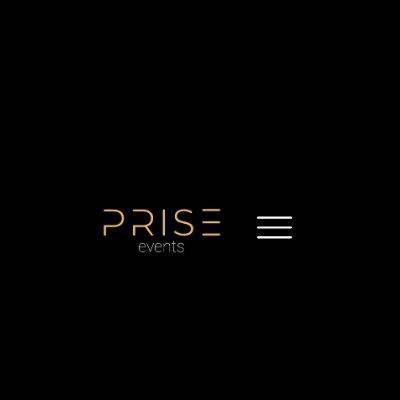





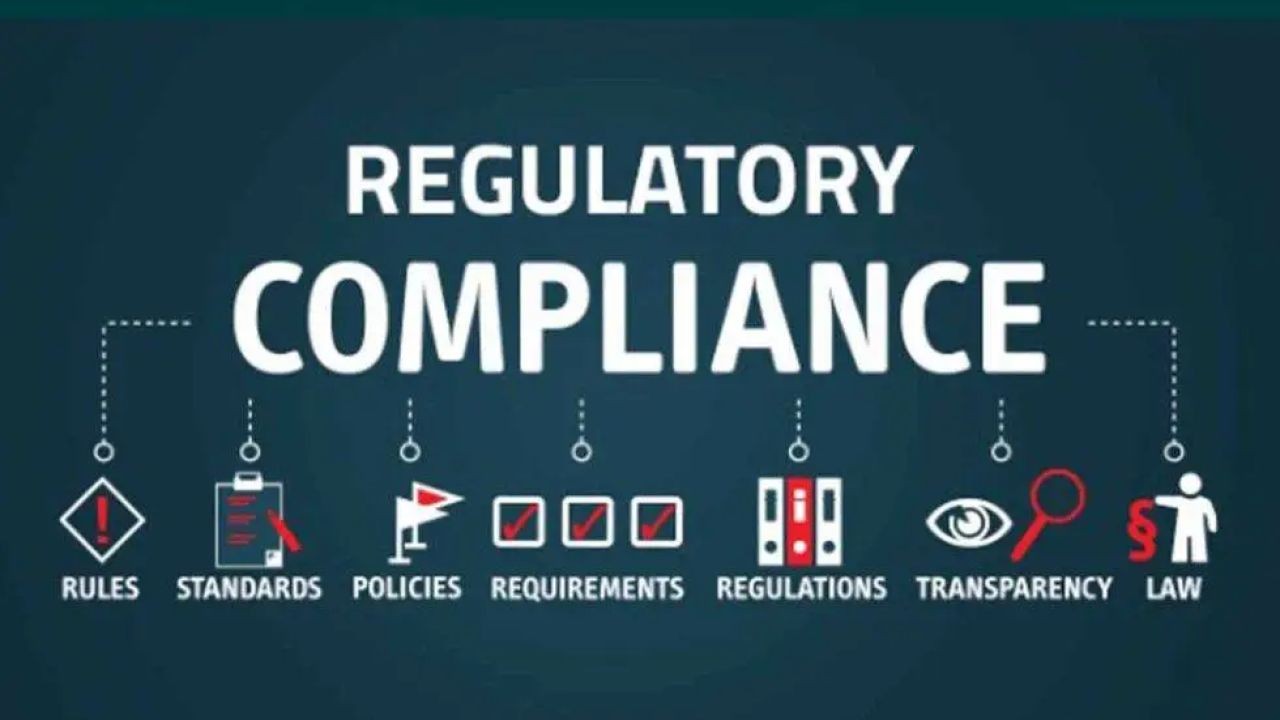







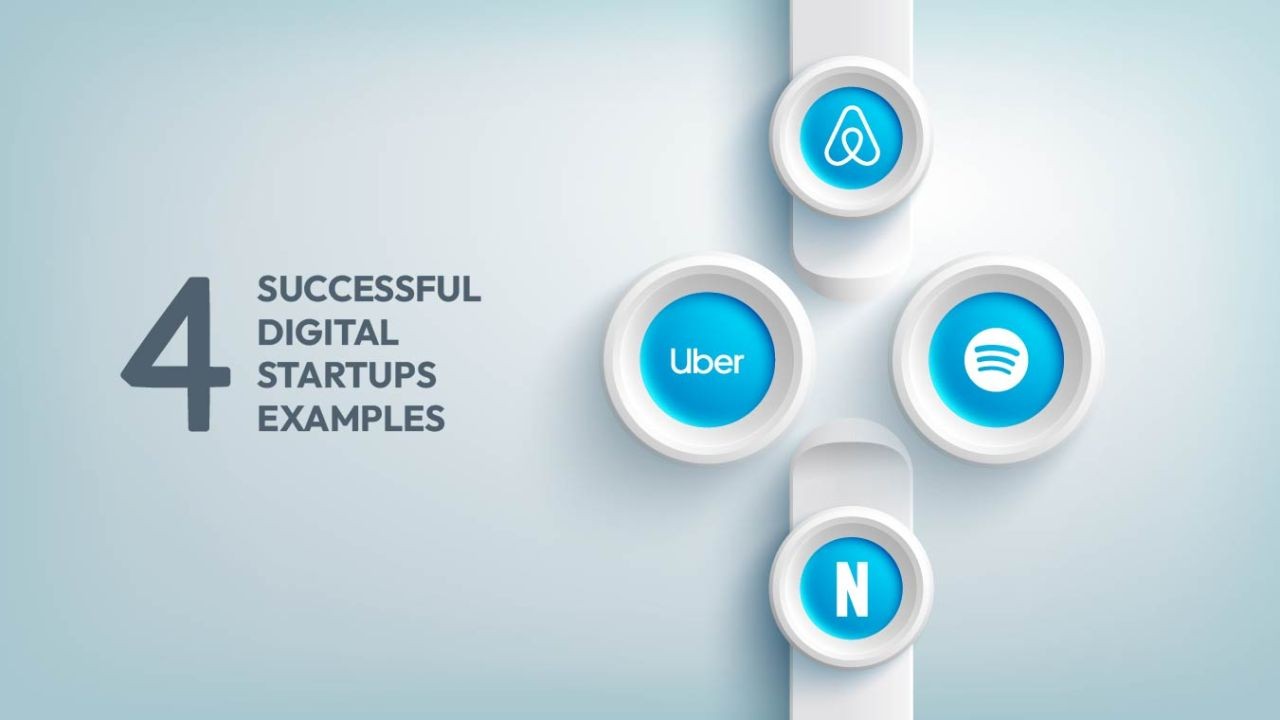
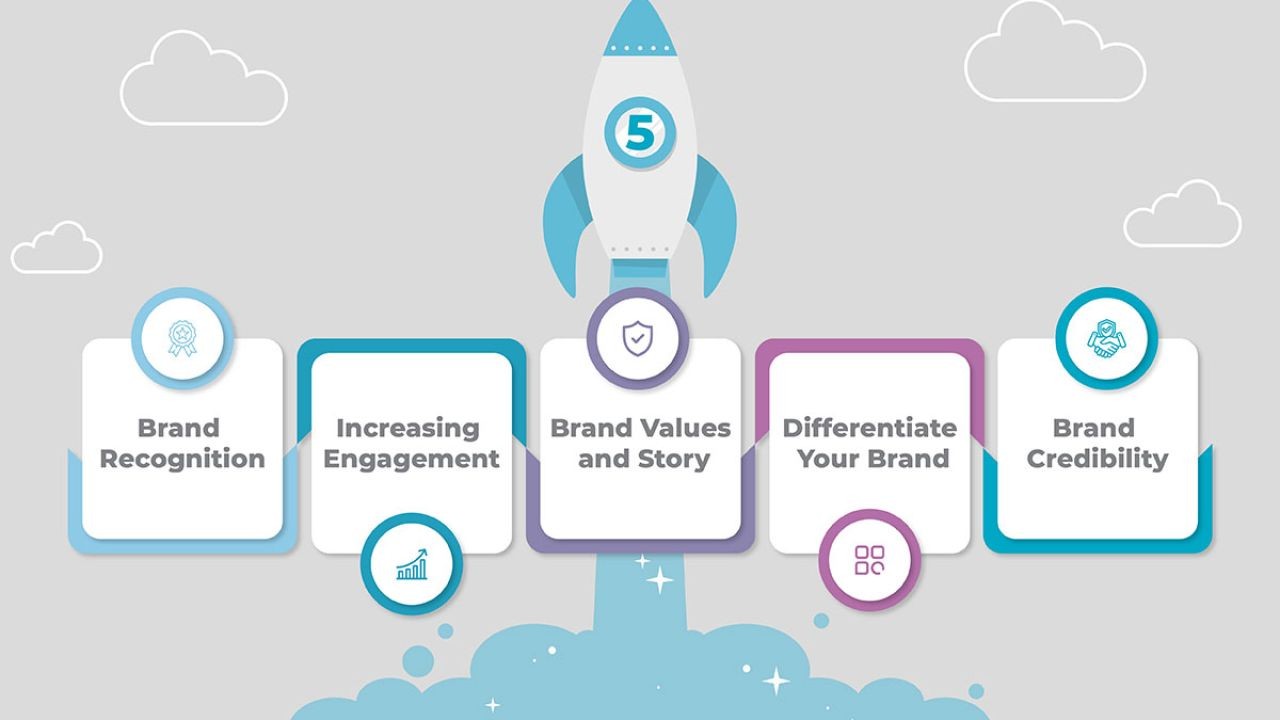






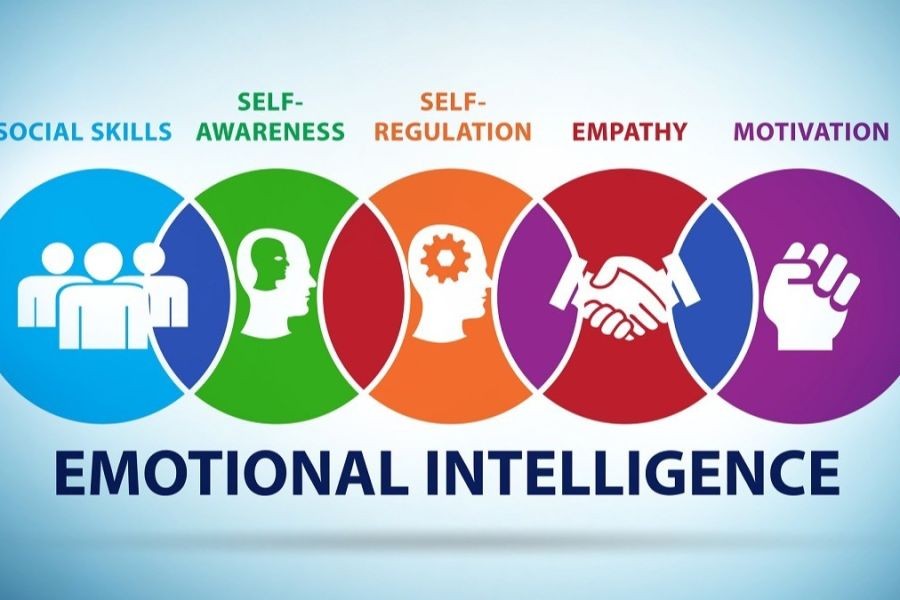







Exotic Auto Spa LA
22 days ago